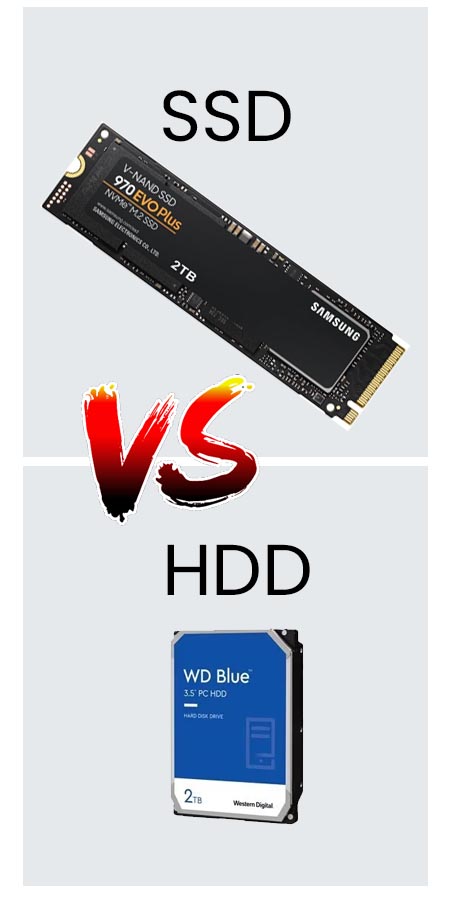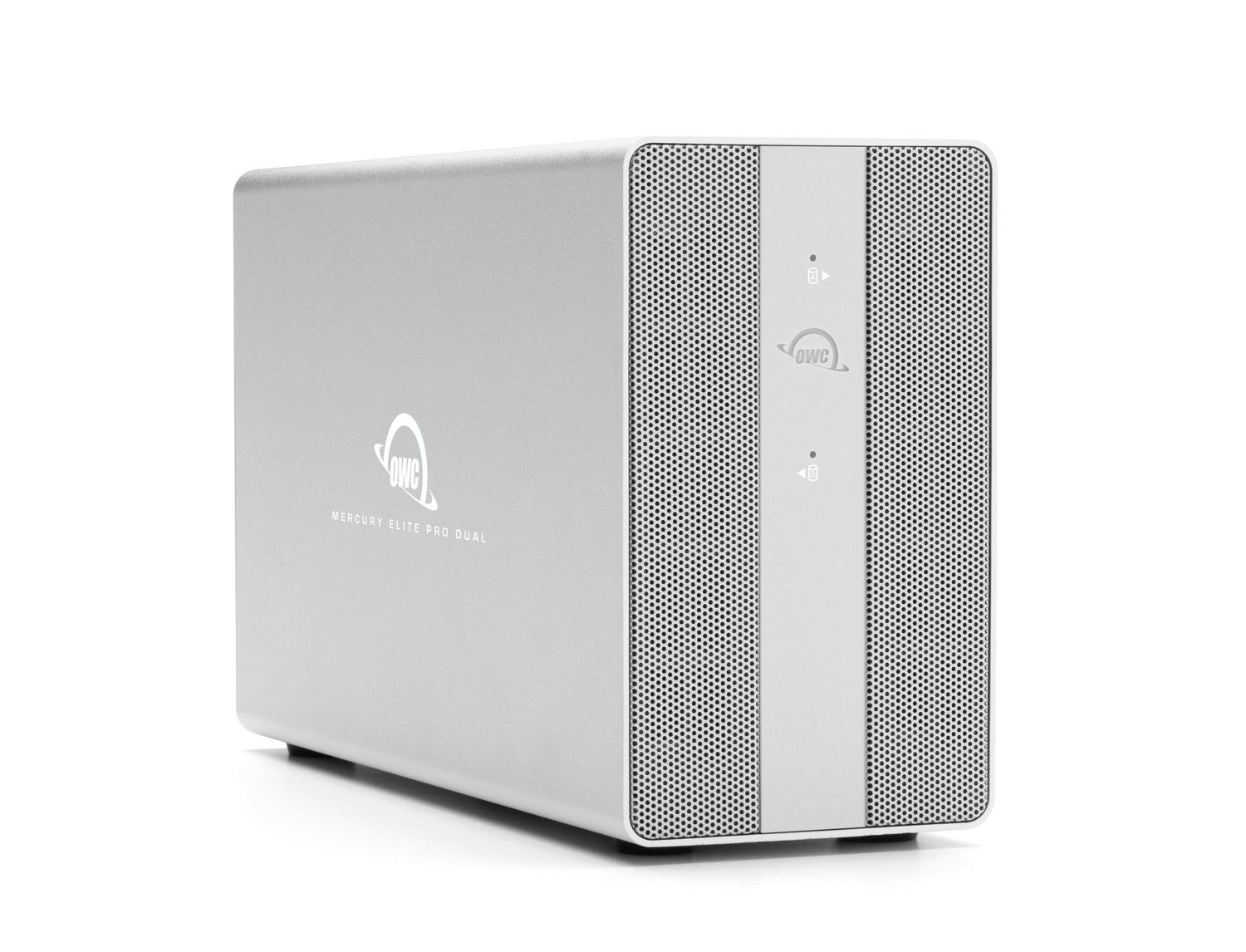external hard drive for music production
Music production can take a large chunk of resources on your DAW. Samples, plugins, project files and of course your platform Ableton, Pro Tools or Logic they all take up space. This exactly why external hard drives for music production are part of our must have home studio gear.
So it begs the question.
Do You Need External Storage for Music Production?
As a music producer or audio engineer, one of the most crucial considerations is data storage. External storage is an essential asset for music production, offering numerous benefits that enhance your workflow and safeguard your precious musical creations.
External hard drives provide ample space to store large audio projects and sample libraries, freeing up valuable internal storage on your computer. They ensure that your system runs smoothly and efficiently, without the risk of running out of space. Moreover, they offer portability, allowing you to work on your music projects across different devices and studios.
In the world of music production, where countless hours of work go into creating and fine-tuning tracks, having a reliable backup solution is a must.
How Are External Hard Drives Different from Internal Storage?
Okay, so you’re not stupid. Ones internal ones external. However, internal storage refers to the built-in drives within your computer, which can be SATA hard disk drive (HDD) or solid-state drive (SSD) that comes pre-installed in your laptop or desktop. These internal drives store your operating system, software applications, and user files.
On the other hand, external hard drives are separate storage devices that connect to your computer via USB, Thunderbolt, or other interfaces. They are not installed inside your computer’s chassis but rather sit externally, either on your desk or portable enough to carry with you. External hard drives are designed for data backup, file storage, and transportability.
The primary advantage of external hard drives is their versatility. They can be easily connected or disconnected from your computer as needed, making them ideal for data transfer between multiple devices or for sharing files with collaborators. Additionally, external drives can be easily upgraded or replaced without the need for technical expertise, allowing you to expand your storage capacity conveniently.
Internal storage, on the other hand, is critical for the overall performance of your computer system. The speed and efficiency of your internal drive impact the loading times of your software applications, operating system responsiveness, and overall system performance. Therefore, it is essential to invest in a high-quality internal drive with sufficient capacity to support your music production needs.
Table Of Contents:

Does SSD Speed Matter for Music Production?
Yes, but in the same way it would for you normal day to day computing tasks or gaming. It plays a significant role in music production with regards to load times and workflow.
Your SSDs allow for quicker loading times of your digital audio workstations (DAWs) and software instruments. When you’re in the creative flow and want to jump into your music project instantly, SSDs ensure that your tools and plugins respond promptly, minimizing downtime and maximizing productivity.
Secondly, the speed of an SSD is beneficial when working with large audio files and sample libraries. High-quality audio files and sample libraries can be substantial in size, and having a fast SSD ensures that these files load quickly, allowing you to access and audition different sounds without any lag.
When working with complex projects containing multiple tracks, effects, and virtual instruments, the speed of your SSD hard drive ensures that your DAW can handle the processing demands without any performance bottlenecks.
Don’t go crazy though. There’s no need for a high speed SSD for samples on a backup drive. It can get expensive real quick especially if you are working with a few terrabyte of data.

Should I Use Cloud Storage as Well?

As a producer who has lost years of unreleased music due to dead hardware. It really is a no brainer. Incorporating cloud storage into your music production setup can be a valuable addition. Cloud storage offers numerous advantages, especially when it comes to data backup, collaboration, and accessibility.
The primary benefit of cloud storage is the ability to create automatic backups of your music projects and files. Losing valuable work due to hardware failure or accidental deletion can be devastating, but with cloud storage, you can rest assured that your data is safely backed up and recoverable.
You can get cost effective options like Google Drive, One Drive and Dropbox that install directly to your DAW and backup everything on the fly. If you open a project and make some changes edits and save. Guess what. Its saved to the cloud as well.
Is 1TB Good Enough for Music Production?
Not if you’ve been producing for more than 2 years. In all honesty it depends on the size and complexity of your music projects and sample libraries. While 1TB may be sufficient for some music producers, others may find it limiting, especially when dealing with large-scale projects and extensive sample libraries.
Personally I have multiple backups of productions that get saved and dated. While 1TB can accommodate a considerable amount of audio data, such as audio tracks, MIDI information, and virtual instrument libraries. It provides ample space for several music projects, plugins, and software applications. If you primarily work with shorter compositions or prefer to organize and archive your projects regularly, 1TB could be more than enough.
However, if you frequently work with high-resolution audio files, long recordings, or complex orchestral sample libraries, you might quickly fill up a 1TB drive. Additionally, if you plan on recording and producing a significant amount of audio content regularly, you’ll need sufficient storage space to accommodate your growing library of music projects.
As music production is an ever-evolving and creative process, it’s beneficial to have additional storage space for future growth. Many music producers opt for 2TB, 4TB, or even higher capacity external hard drives to ensure they have ample space for their expanding projects and files.
If you are starting out look at a 1 or 2 TB drive and buy more as you need to. Remember its upgradable and interchangable.
Missing anything else for your home studio?
We have an article that you can use as a checklist. Check it out here.
Contact
Our Team
team@cobwebaudio.com
Enquiries
613-706-0472
Site Navigation
DAW & Recording
Instruments & Equipment
Software & Plugins
Guides
Our INFO
Privacy Policy
About Us
Advertise On Cob Web Audio
Sponsored Content
Sitemap
